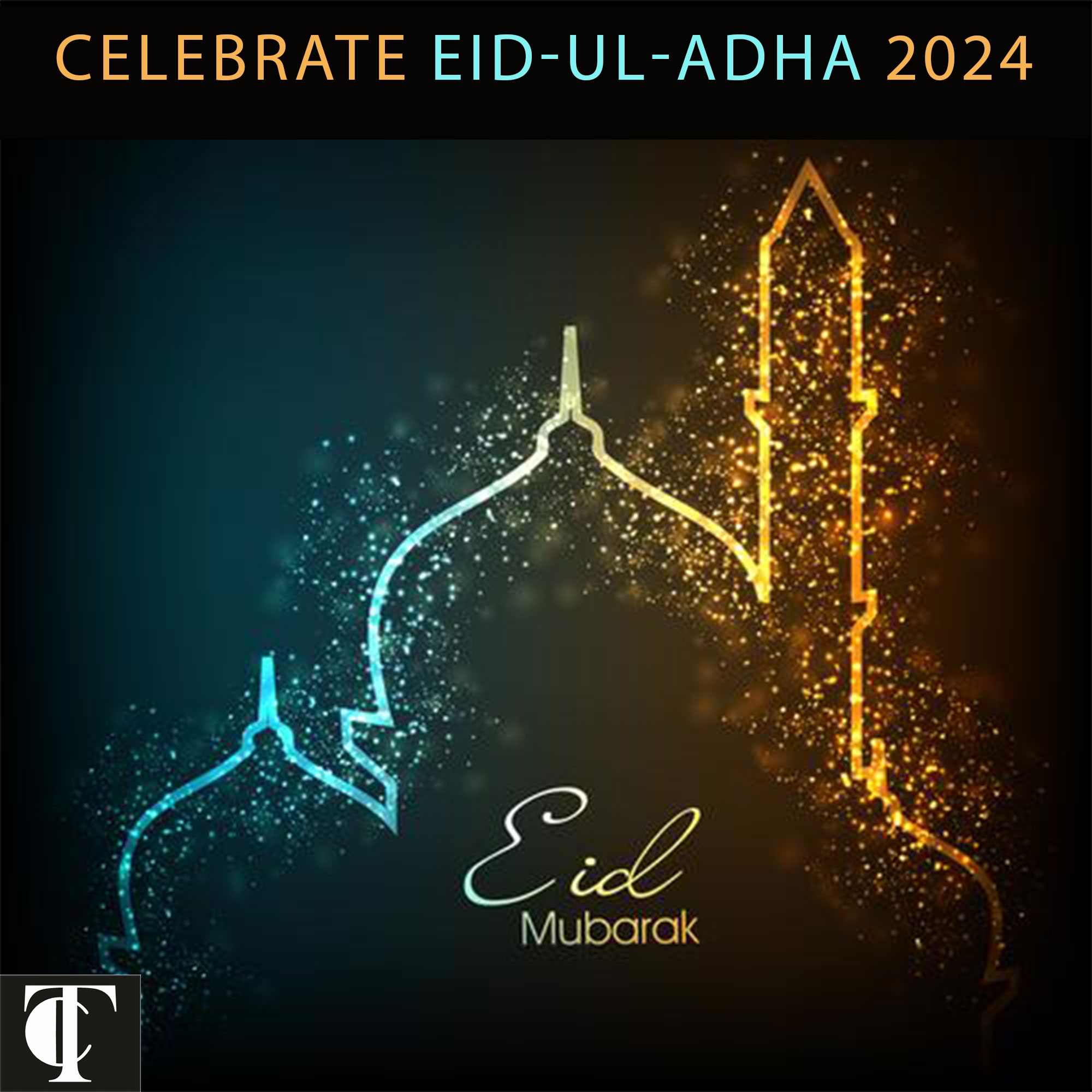


IN SHORT
Eid-ul-Adha 2024: Celebrated on June 17 in India, June 16 in the UAE and other Arab countries.
Commemorates: Prophet Ibrahim's willingness to sacrifice his son as an act of obedience to Allah.
Key Values: Sacrifice, service, compassion, and gratitude.
Coincides with Hajj: Highlighting unity and solidarity within the Muslim community.
Practices: Qurbani (animal sacrifice), prayers, feasting, and charity.
Significance: Reinforces community, family ties, and social harmony.
Eid-ul-Fitr and Eid-ul-Adha are two of the biggest festivals celebrated by Muslims worldwide. The second event is observed with great devotion and regard in the month of Dhul Hijjah, the twelfth month in the Islamic lunar calendar. It is also known as Eid-ul-Zuha or Bakra Eid. This year’s celebration, known as Bakra Eid in India, will take place on June 17, 2024.
The Festival of Sacrifice, or Eid-ul-Adha, honors Prophet Ibrahim’s enduring dedication to Allah. According to the stories found in the Holy Quran, Prophet Ibrahim was given the order to sacrifice his son Ismail by Allah in a dream. Ibrahim was prepared to comply, displaying his strong faith, but Allah stepped in and provided a lamb to slaughter in its place. The festival’s fundamental theme of sacrifice and submission to God’s will is reflected by this event.
The lunar sighting determines the exact date of Eid-ul-Adha. In 2024, the United Arab Emirates and other countries will celebrate Eid-ul-Adha on June 16, while India will celebrate it on June 17.
Muslims take some time during Eid-ul-Adha to consider the virtues of giving, serving, and being thankful. It acts as a reminder to consider the value of kindness, modesty, and giving to those who are less fortunate. Muslims are urged by this prayer to maintain their faith and devotion to God’s teachings.
One of the Five Pillars of Islam, the Hajj journey to Mecca, ends at the same time as the festival. The fact that even non-Hajjists join in the festivities shows how the Muslim community around the world is united and supportive.
The act of Qurbani, or animal sacrifice, is a fundamental component of Eid-ul-Adha celebrations. It represents Prophet Ibrahim’s eagerness to accept Allah’s authority. One-third of the sacrificed animal—typically a goat, sheep, cow, or camel—is given to the family, another third to friends and family, and a third to the less fortunate. This practice places a strong emphasis on sharing within the community, charity, and compassion.
Muslims all throughout the world are more united and community-minded during Eid-ul-Adha. It goes beyond location and cultural barriers, highlighting the need of peace in society and family relationships. Muslims unite during the celebration in prayer, food, and gift-giving, deepening their religious ties and sense of community.
READ ALSO – World Elder Abuse Awareness Day 2024: Focus on Older Persons in Emergencies